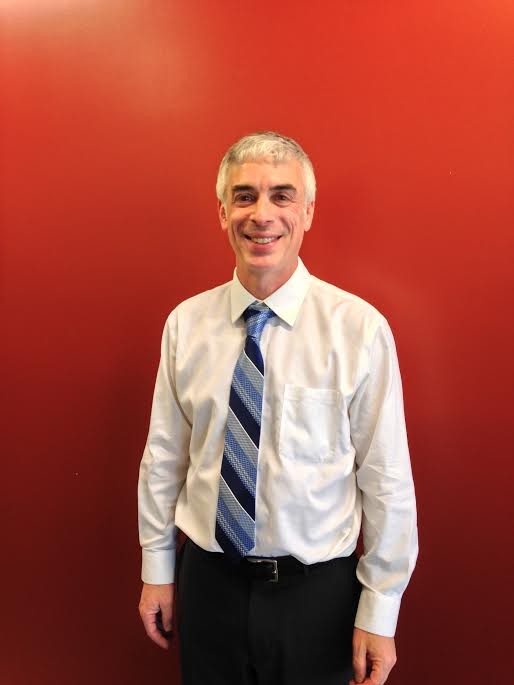Dr. Howard Safran is the director of the Brown University Oncology Group and associate professor of Medicine at Brown’s Alpert Medical School. The oncology group has been a low-budget, high-results success story, dependent in part for its funding on walk-a-thons that it runs, including one it ran earlier this month.
PBN: As medical director of the Brown University Oncology Research Group, what can you say about the group’s progress amid sometimes lean funding? Are there ways in which the small scale of the program has required creativity and ingenuity that you have seen benefit patients?
SAFRAN: Despite our relatively small size the most important advances in the last decade in esophageal, rectal, and stage III lung cancer have not been made by Dana Farber or Memorial Sloan Kettering, but by the Brown University Oncology Research Group (BrUOG). Our pilot clinical trials testing new treatments on patients with cancer from the Rhode Island area have formed the basis of national standards and have become standards of care. For example, the most important national study in esophageal cancer, determining if trastuzumab can reduce recurrence in patients with an abnormal HER2 gene, was based on a BrUOG study. Last year, we presented our new work in rectal cancer at the American Society of Clinical Oncology, which will now be tested nationally.
Our relatively small size keeps us nimble. We can rapidly bring forward a new idea without layers of committees. We can both activate and complete an investigation while larger hospital systems are still negotiating the process. Rhode Islanders have been very generous in their donations to BrUOG and Brown University has been very supportive.
PBN: During BrUOG’s 20-year history, hospital consolidation has been a big deal in Rhode Island, but when BrUOG got going, you needed to pool patient populations from among separate hospitals within the state to have enough data for a decent study. Has consolidation made your work easier, or were there ways in which the old more dispersed system was better for a researcher?
SAFRAN: BrUOG has been an area where physicians have successfully collaborated for the common good of making advances for clinical cancer research. From the inception of BrUOG, this has transcended the competition and consolidation occurring within the hospital industry.
PBN: What is the administrative set-up of BrUOG – does it have its own office space at the Alpert Medical School at Brown or in a hospital? If so, what size is the staff, and how large of an enterprise is it?
SAFRAN: BrUOG has a central office on Brown’s Medical School campus. Two extremely hard working, dedicated individuals, Kayla Rosati and Kristen Mitchell, form its staff. Each hospital employs its own research team that follows the patients and sends data to BrUOG. The central office at BrUOG is responsible for protocol development, clinical trial coordination, communication with the FDA and oversight of the conduct of the study.
PBN: Some of your recent work, and success, has been on pancreatic cancer. Why is cancer in the pancreas so virulent and lethal compared to other cancers – is part of the problem that it is a hard cancer to detect early?
SAFRAN: Pancreatic cancer can spread rapidly by the blood stream to other organs and by direct invasion into the abdomen making it impossible to safely remove by surgery. Pancreatic cancer also harbors multiple gene mutations that make it resistant to chemotherapy. Our current clinical study in pancreatic cancer, testing a very promising combination treatment called FOLFOX-A has been selected for presentation at this June’s national oncology meeting in Chicago. I believe this represents the most effective treatment option in the world for patients with newly diagnosed pancreatic cancer – again it is remarkable that it was developed here in Rhode Island by the Brown University Oncology Research Group.
PBN: There was a time when Rhode Islanders of means who got a cancer diagnosis would travel to Boston for treatment. Is it fair to say that treatment in the Ocean State for all cancers is on a par with treatment in Boston?
SAFRAN: It is gratifying to say that the most state-of-the art treatments available are available right here in Rhode Island.













